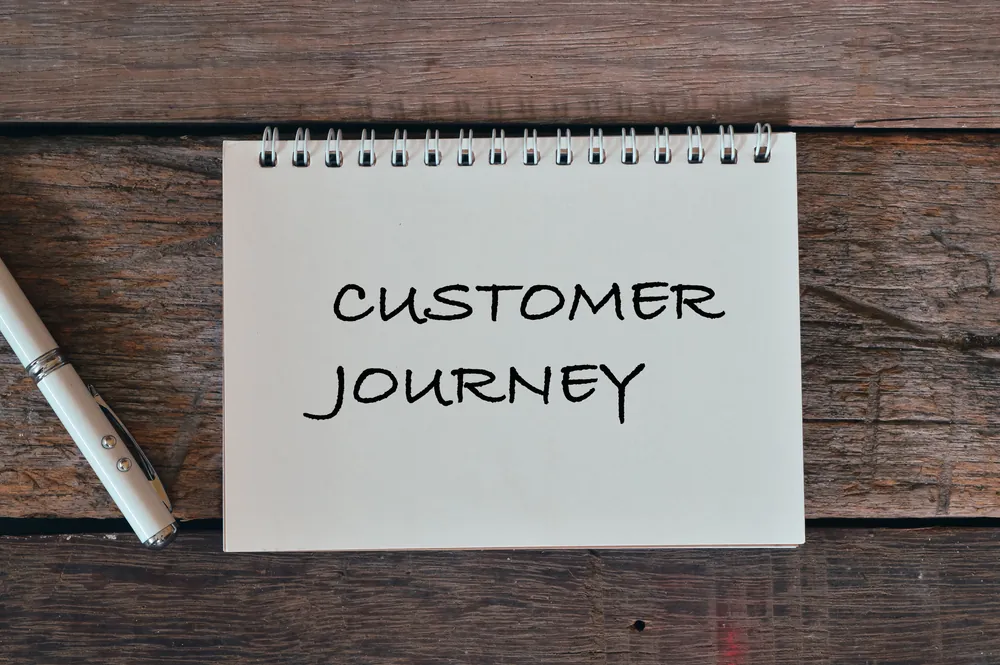Strategic Questions Form the Basis of Superior Sales Interactions

At Janek Performance Group, we have had the opportunity to observe a wide array of sales interactions over the phone, in person, via webinar, in group settings, and more. Although each type of sales interaction typically requires varying skillsets, one element remains the same, and that is strategic questioning.
What Are Strategic Questions?
Strategic questions empower organizations and people to make the transition from what is known to the unknown. As a result, it is possible to explore new possibilities and branch out from what you “should” do to what you “could” do. In this regard, strategic questions are often ideal for situations in which fresh thinking is required.
While strategic questions are an important part of the process, it must be recognized that they are only part of strategic questioning. A comprehensive strategic questioning process involves not only well-planned questions but also active listening. Both elements are interdependent upon one another in order to ensure the most effective process possible.
The reasoning behind strategic questioning is to facilitate a continuing dialogue that is intended to uncover new information rather than simply disseminating information that is already known. This can be accomplished by posing thoughtful questions and then carefully considering the responses prior to taking further action, thus making the transition beyond typical, predictable results.
Preparing for Strategic Questions
Strategic questions do not simply occur by happenstance, however. They require practice and preparation. Strategic questions go beyond mere close-ended or open-ended questions. The relevance of strategic questions is more so today than perhaps ever before as today’s buyer has virtually unlimited access to information. This must be kept in mind as you go through the process of preparing questions as well as throughout the conversation. During the conversation, it is imperative that you pay attention to the level of knowledge your client reveals regarding your service or product. Clients who appear to have a deep level of knowledge will require tailored questions to ensure you do not lose their interest or bore them. Conversely, clients who may not be as knowledgeable regarding your products or services will need to benefit from a more holistic approach.
At this juncture of the process, you will need to carefully listen for information that will assist you in identifying your client’s needs so that you are able to position your solution in an effective manner. In the process of preparing for your meeting, you may find it beneficial to construct a variety of different types of strategic questions that:
- Identify information regarding the client’s current solution.
- Reveal attitudes and opinions.
- Uncover ideals, expectations, and values.
- Consider alternative outcomes or perspectives.
- Define actions.
Practice Makes Perfect
By practicing strategic questions, you are able to position yourself as more of a consultant than a salesperson. This places you and your client on the same side as you work together to create effective strategies that will result in improvements to the client’s business. Additionally, when your client feels as though he or she is a decision maker, your client will be more likely to commit to the ideas you arrive at together as opposed to ideas that are produced by someone else.
Posing strategic questions and taking the time to actively listen to a client’s response changes the paradigm and allows you and your client to work together in the creation of a dialogue that results in the synthesis of new ideas. Rather than simply disseminating information or pushing your own vision onto your client, your client is able to discover his or her own vision in a process in which your product or service is positioned effectively as a solution.
Far too often, what we have seen is that people are simply afraid to ask “why?” There should be no fear associated with steering the conversation into unknown territory. By taking the time to truly listen to your client’s responses and understand what he or she is saying, you have a far greater opportunity to get to know him or her. Too frequently, sales professionals often become so caught up in closing the deal, they forget they are dealing with real people. When you take the time to get to know a client’s situation and background, you are naturally positioned to help him or her uncover the best solution possible to his or her needs. The more frequently you practice strategic questions, the better you will be able to get to know your clients and the more effective salesperson you will become.

- Account Planning (11)
- Awards (46)
- Client Testimonial (37)
- Personal Branding (19)
- Podcast (12)
- Research (73)
- Sales Career Development (88)
- Sales Coaching (158)
- Sales Consulting (138)
- Sales Culture (172)
- Sales Enablement (366)
- Sales Leadership (111)
- Sales Management (255)
- Sales Negotiation (16)
- Sales Prospecting (135)
- Sales Role-Playing (19)
- Sales Training (237)
- Selling Strategies (270)
- Soft Skills (72)
- Talent Management (95)
- Trusted Advisor (27)
- Virtual Selling (51)
- Webinar (11)


























